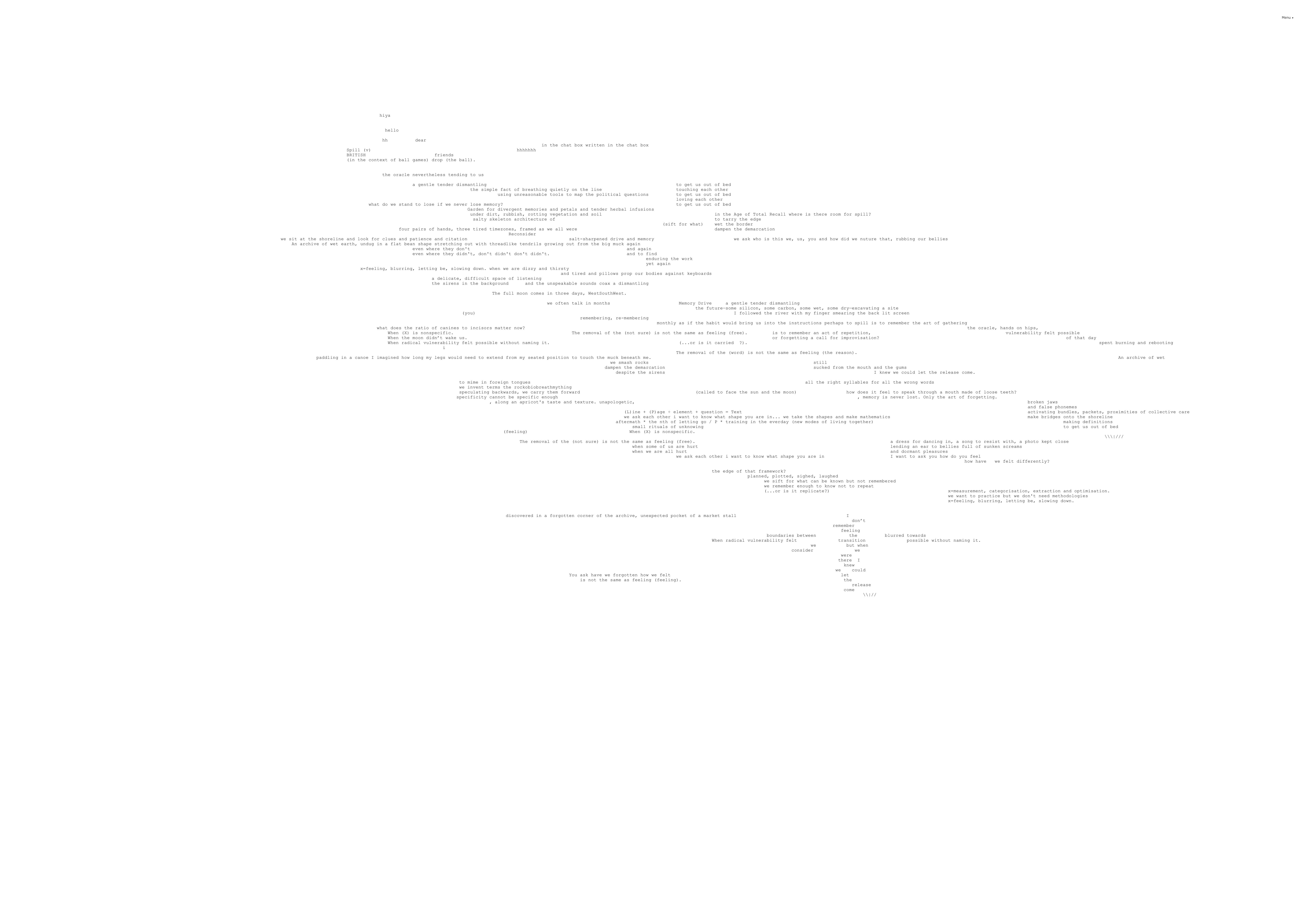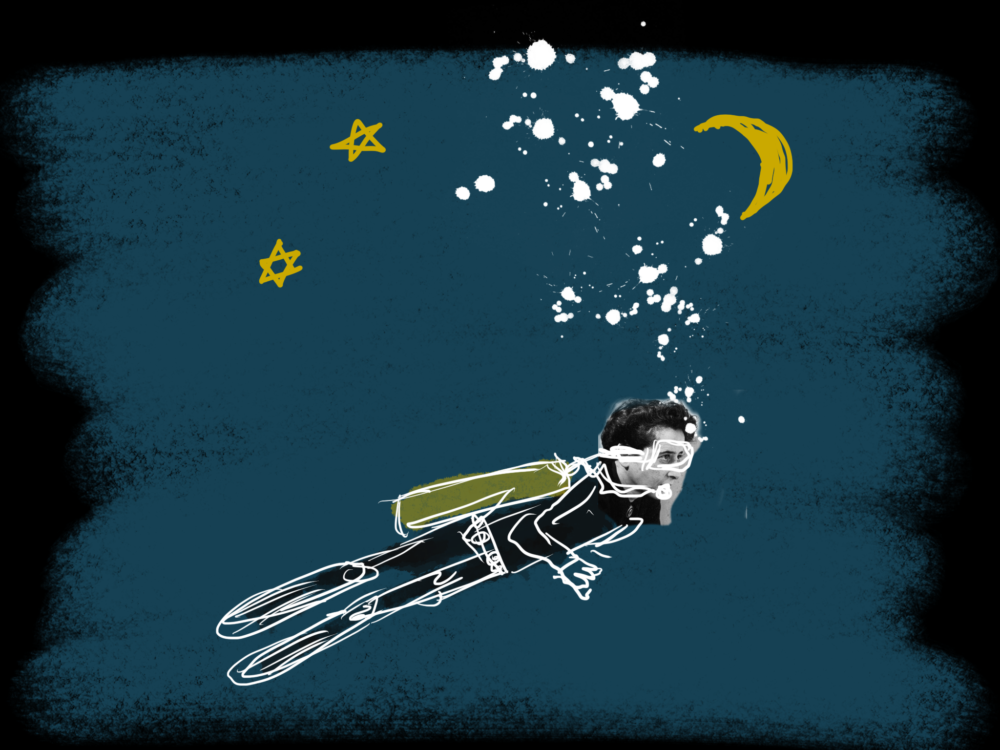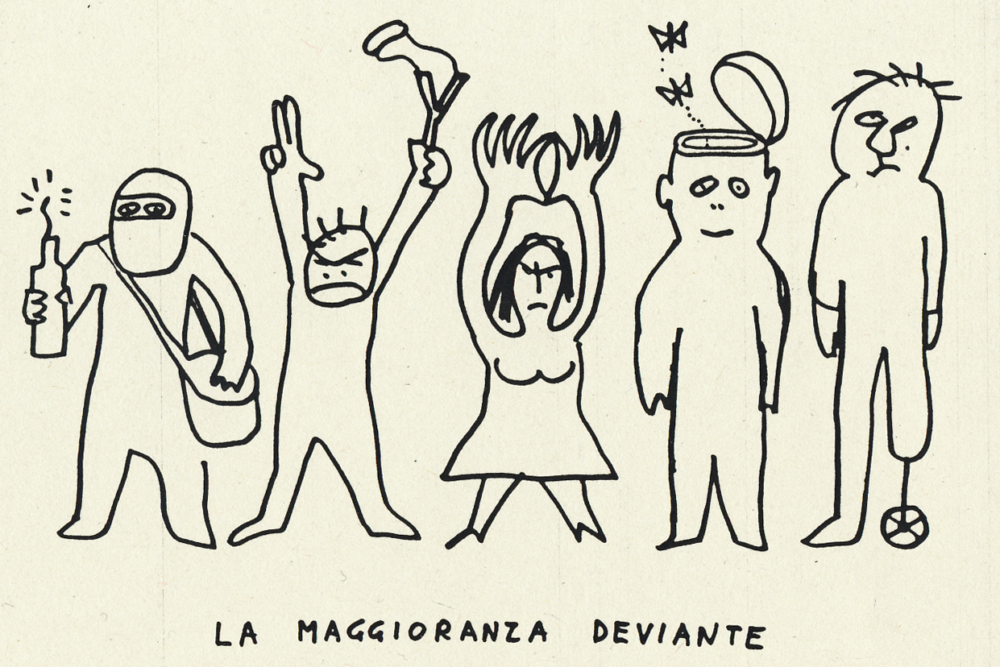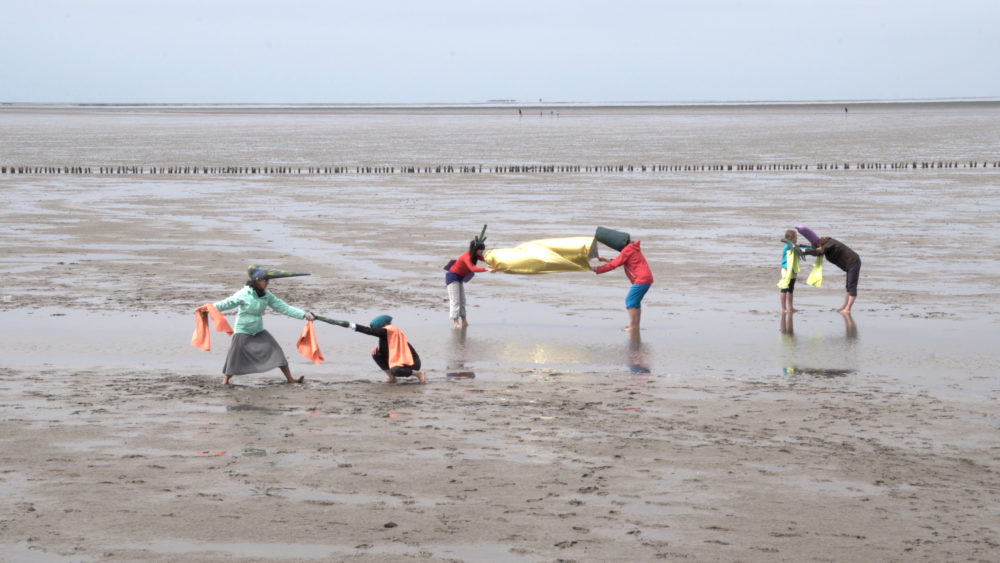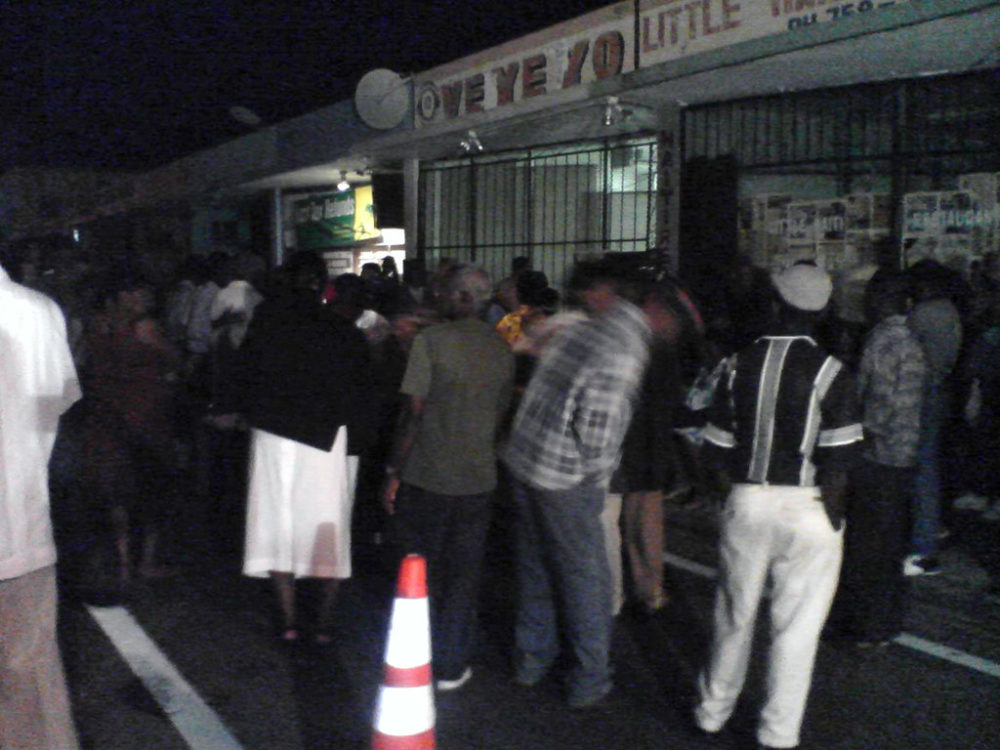To care is to recognise all bonds, between both humans and non-humans; between humans and their systems, their infrastructures and institutions, and to attend to their fragility. Ethics of care challenge us to construct social relations and systems based on situational and contextual morality, beyond abstract or universal notions of justice, to allow us to turn to processes of care, repair, maintenance, and healing. These concepts, theories and practices of care offer diverse ways of relating and living, of perceiving and making, both as a society and as individuals engaged in mutual responsibility, attentiveness and responsiveness. Concepts of care can also provide us with an ethical and political framework for action, as it situates the human as a caretaker; a custodial figure in the ongoing recuperation of a broken planet and its people. How can we practice care across different scales – the personal, the collective, the rural, the urban, the atmospheric – in order to sustain more-than-human worlds? And how can we proceed to a thinking and doing with care in a way that challenges the uneven labour conditions upon which the field operates?
More information on the event and videos of the talks on hkw.de:
#Caring
With Júlia Souza Ayerbe, Malu Blume, Edna Bonhomme, Loren Britton, Johanna Bruckner, Teresa Dillon, Andreas Doepke, João Florêncio, Johanna Hedva, Elke Krasny, Henry Lyonga, Maternal Fantasies, Romi Morrison, Mwape J. Mumbi, Polyphrenic Creatures, Pallavi Paul, Helen Pritchard, Helena Reckitt, Patricia Reed, Eric Snodgrass, Yayra Sumah, and Joan Tronto.
The later work of Hannah Arendt provides us a link between thinking and care for the world – how we as human beings can establish a state of mind devoid of clichés and repetitions in order to achieve thoughtfulness, the essence of what we call thinking. It brings up the fundamental concern of coherence between the way we care for ourselves and the way we treat the world. Care is to be practiced – in thought and in writing. Thinking also shows a way of life which makes space for scholarship, artistic activities and political action. Writing with care in the company of Hannah Arendt activates contemporary mottos such as Donna Haraway’s “staying with the trouble”. Writing can become an essential practice for a life of the critical mind, radical and compassionate.
read moreIn this text Matthew Goulish shares encounters with woodpeckers, mockingbirds and owls as he meditates on care, caring and mourning at this moment in time.
The text also exists as a recording of Matthew Goulish reading the text. The recording activates listening as another form of encounter accompanying the written text and is also made available for those that prefer or need to listen, or listen while reading rather than reading a text on the screen.
read morePantxo Ramas explores ways to care for the world during our pandemic “continuous present”. He shares a necessity to think about new forms of politics, outside the logic of events that can “change the world” and proposes a potential strategy in the intersection of many existing plans. Caring in this text is discussed as a practice that includes understanding structural dynamics of the neoliberal world and transforming this critique to an institutional intervention in order to invent social ways of life in common. Caring for the world as caring for life becomes “a radical practice of organisation and transformation of the present”.
read more
In this text Valeria Graziano, Marcell Mars, Tomislav Medak discuss Pirate Care as a set of collective practices that are emerging in response to the neoliberal “crisis of care”. They elaborate on the Pirate Care syllabus as a project that aims to activate collective learning processes from the situated knowledge of these practices and reflect on what such practices can create in the present moment.
read moreEight public letters to Joan Tronto that share thoughts on the current state of care during this global pandemic. These letters span approaches from genealogical, to political, to planetary ones, creating an expanded field of care.
->
read moreThe 4th edition of the New Alphabet School on #CARING from June 12 – 14 proposes an expansive understanding of care beyond the intimate scale of interpersonal relations in order to question, complicate, and reflect on caring as a radical practice towards social transformation. This edition brings together practitioners from the arts, architecture, history, geography and political activism to reconfigure how we shape our bonds, how we give form to our worlds. So, if we aim to shift our attention from the “what” to the “how”, then how to care collectively? And how to do so accountably?
->
read moreEpidemics invite a host of feelings to arise – sometimes personal and very often political, with some people having an intimate connection that stems from systematic inequality. The novel coronavirus, popularly known as COVID-19, has elicited old and ongoing memories about how to live through and survive the social contours of a pandemic.
->
read more